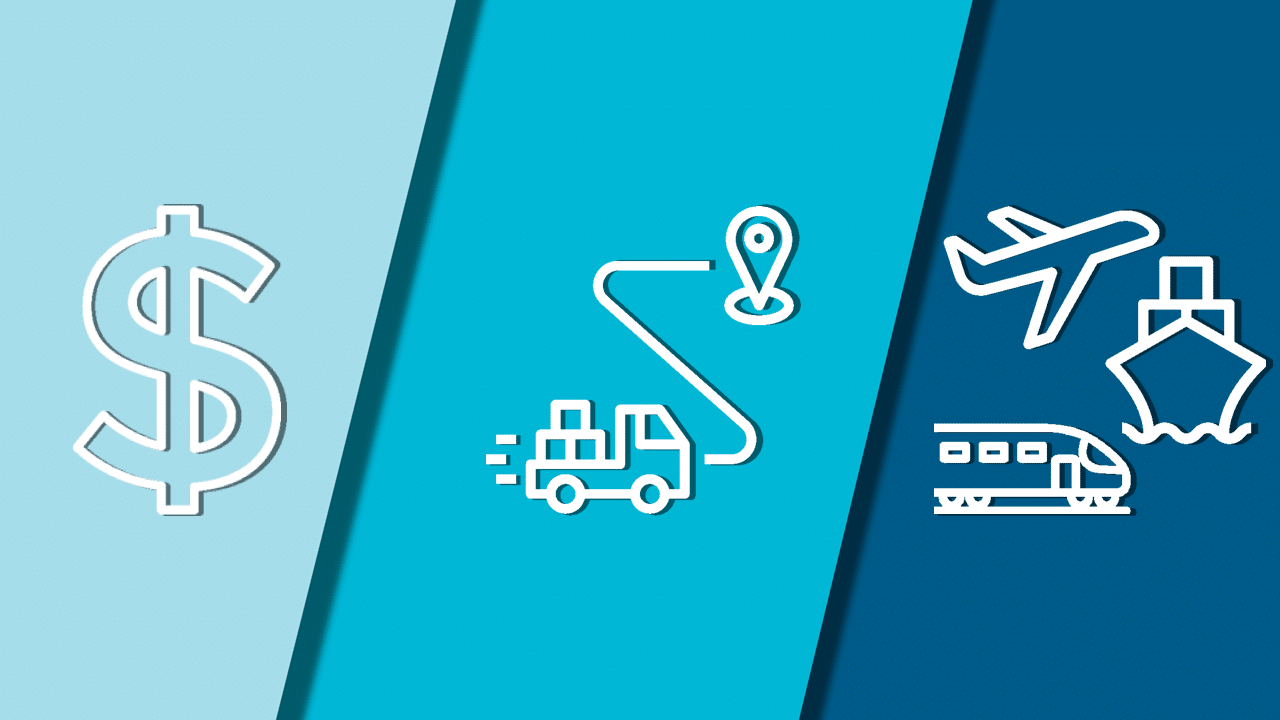
The Benefits of a Shorter Supply Chain
In today’s interconnected world, supply chains play a vital role in ensuring goods and services reach consumers efficiently. A supply chain encompasses the entire process from raw material acquisition to the final delivery of the product. Over the years, supply chains have become more complex, often spanning multiple countries and involving numerous intermediaries. However, there is a growing trend towards shorter supply chains, where companies are opting for more localized and streamlined processes. In this article, we explore the benefits of a shorter supply chain and why businesses are increasingly adopting this approach.
Increased Efficiency and Responsiveness
Shorter supply chains enable companies to reduce the time it takes for products to move from production to the market. With fewer intermediaries involved, the process has fewer delays and bottlenecks. This increased efficiency allows businesses to respond more quickly to changes in demand and market conditions. For example, if there’s a sudden surge in demand for a particular product, companies with shorter supply chains can ramp up production and replenish inventory faster than those with longer, more complex supply networks.
Reduced Transportation Costs and Environmental Impact
Long supply chains often require products to travel vast distances, involving multiple transportation modes, including ships, planes, and trucks. This extensive transportation network leads to higher costs and a larger carbon footprint due to increased fuel consumption and emissions. By shortening the supply chain, companies can significantly reduce transportation costs and their environmental impact. Localized production and distribution also promote sustainability, as it minimizes reliance on fossil fuels and lowers greenhouse gas emissions associated with long-haul transportation.
Enhanced Quality Control
A shorter supply chain allows for better oversight and control over the entire production process. When companies source materials locally or regionally, they can build stronger relationships with suppliers and ensure the quality and consistency of inputs. Additionally, with reduced distances between production and consumers, companies can more easily conduct inspections and implement quality control measures throughout the supply chain. This, in turn, results in higher-quality products reaching the end consumer.
Strengthened Supplier Relationships
Building strong relationships with suppliers is crucial for any business. A shorter supply chain allows for more frequent and direct interactions between companies and suppliers. These personal relationships foster trust, collaboration, and understanding, leading to better negotiation on pricing, terms, and product specifications. When suppliers feel valued and integral to the supply chain, they are more likely to be committed to meeting the company’s needs and supporting its growth.
Lower Inventory Holding Costs
Maintaining large inventories can tie up a considerable amount of capital for companies. Shortening the supply chain means that companies can operate with lower inventory levels since products can be produced and delivered more quickly. As a result, businesses can reduce their inventory holding costs and improve their cash flow, ultimately leading to better financial health and more resources for investment in other areas of the business.
Mitigation of Supply Chain Risks
Longer supply chains are more susceptible to disruptions caused by natural disasters, geopolitical tensions, trade disputes, or other unforeseen events. By shortening the supply chain, companies can minimize exposure to these risks. Local or regional suppliers are less likely to be affected by global disruptions, and if one supplier faces an issue, it becomes easier to pivot and find alternative sources locally.
Considering everything, opting for a shorter supply chain offers numerous benefits for businesses seeking to optimize their operations and improve their overall performance. From increased efficiency and responsiveness to reduced costs and greenhouse gas emissions, the advantages of streamlining the supply chain are compelling. Our company ABF LT embraces a shorter supply chain that not only benefits the company itself but also contributes to more sustainable and resilient global trade practices. As businesses we continue to navigate an ever-changing landscape, so the importance of a lean and agile supply chain cannot be overstated.